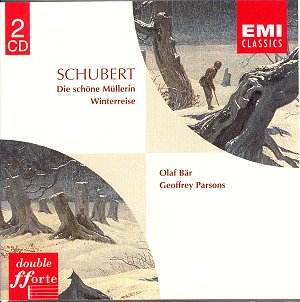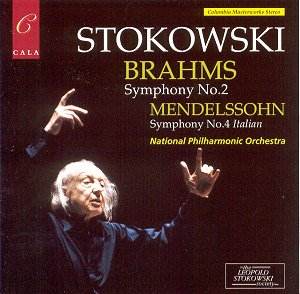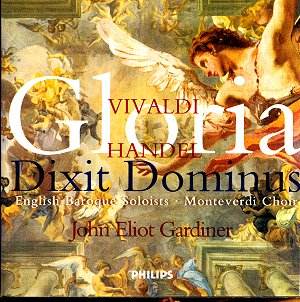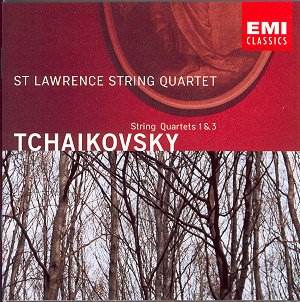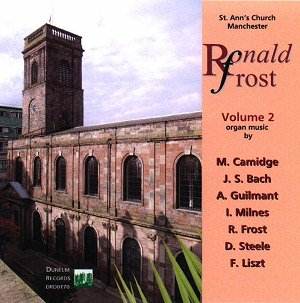 Composer: Various
Composer: Various
Works: Camidge: Concerto No.2 in G minor; J.S. Bach: Prelude and Fugue in A minor, BWV 536; Chorale Preludes on ‘Liebster Jesu’, BWV 730 & 731; Guilmant: Sonata No.3; Ian Milnes: Elegy, Meditation on a Nunc Dimittis in the Dorian Mode; Ronald Frost: Variations on St. Peter; Douglas Steele: Intrada, Chorale Prelude on Cocker’s “Ryburn”, On the Triad; Liszt: Fantasia on BACH
Performers: Ronald Frost (organ)
Recording: St. Ann’s Church, Manchester, 2001
Label: Dunelm Records DRD0170
The second volume of organ music from Dunelm Records, featuring Ronald Frost, provides a rich tapestry of compositions that range from the 18th century to the late 20th century. This collection emphasizes the versatility of the organ, showcasing works by lesser-known composers alongside revered masters, ultimately revealing both the instrument’s historical significance and its capacity for modern expression. The inclusion of pieces such as Camidge’s Concerto No. 2 and Liszt’s Fantasia on BACH situates the album within a broader narrative of organ repertoire, illustrating its evolution across different styles and eras.
Frost’s interpretation of Camidge’s Concerto No. 2 is particularly arresting. This work, often overshadowed by contemporaneous compositions, emerges with a lively charm under Frost’s hands. The work’s pastoral qualities are accentuated by Frost’s deft registration choices, allowing the organ’s timbral variety to shine through. He employs a nuanced touch in the lyrical passages, while the more vigorous sections are delivered with a robust clarity that captures the essence of late Baroque expression. This historical context is essential; Camidge, a York Minster organist, wrote during a period of significant development for the organ, and Frost’s performance pays homage to that lineage.
In juxtaposition, the selections from J.S. Bach are executed with a level of precision and emotional depth that reinforces Frost’s stature as a leading organist. The Prelude and Fugue in A minor, BWV 536, is a highlight, with Frost navigating its complex counterpoint with agility and insight. The fugue’s intricate lines are articulated distinctly, allowing each voice to emerge clearly, a testament to both his technical prowess and interpretative sensitivity. The chorale preludes on ‘Liebster Jesu’ exemplify the meditative quality of Bach’s sacred music; here, Frost’s registrations enhance the prayerful atmosphere, particularly in BWV 730, where the soft flutes create a sense of intimacy that invites reflection.
Guilmant’s Sonata No. 3 offers a contrast in both style and emotional weight, and Frost’s performance captures its grandeur. The sonata’s sweeping melodies and dramatic contrasts are presented with a dynamic range that keeps the listener engaged. Frost’s approach to the climaxes is particularly effective; he builds tension skillfully, making the resolutions feel both satisfying and earned. Technical aspects of Frost’s playing—his articulation in the fast passages and his control during the expansive sections—demonstrate a deep understanding of the organ’s capabilities.
The recording quality of this disc is commendable, achieving a balance that allows the organ’s full register to resonate without overwhelming the listener. The acoustics of St. Ann’s Church complement the organ’s sound, capturing the instrument’s richness while maintaining clarity. Each track is meticulously engineered, showcasing the subtle nuances of Frost’s playing—whether it’s the delicate phrasing in Ian Milnes’s Elegy or the vibrant textures in Douglas Steele’s Intrada.
Frost’s Variations on St. Peter are particularly noteworthy for their inventive structure. The final fugue, in its astringency, resolves beautifully, leaving a lasting impression of both technical mastery and emotional depth. This creative juxtaposition of styles across the disc not only illuminates the diversity of the organ repertoire but also Frost’s adaptability as a performer.
This collection stands out not merely for its scholarly curation of works but also for its compelling performances. Ronald Frost, with his thoughtful interpretations and technical skill, brings to life a spectrum of organ music that deserves wider recognition. The album is recommended not only for organ enthusiasts but for anyone interested in the rich tapestry of classical music history.
